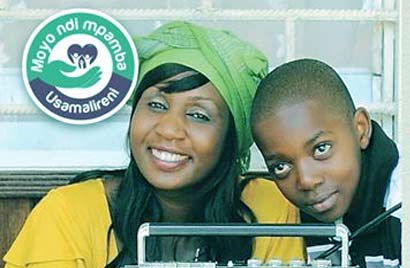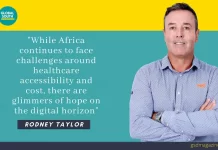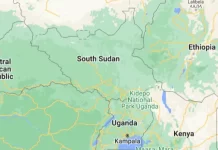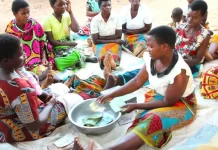 Malawi has developed an innovative and successful interactive communications campaign in a quest to solve problems surrounding public health in the country.
Malawi has developed an innovative and successful interactive communications campaign in a quest to solve problems surrounding public health in the country.
Through a radio drama programme, which has reached over 55% of its target audience and encourages listeners to interact with the show using SMS and social media, key health issues, such as malaria, child health and family planning, are being tackled.
The initiative, named Moyo ndi Mpamba! (Life is Precious!), will be showcased by Chancy Mauluka from the Johns Hopkins University Bloomberg School of Public Health, Center for Communication Programs (JHU-CCP) at the 10th eLearning Africa conference on 20 – 22 May 2015 in Addis Ababa, Ethiopia.
This ‘edutainment’ radio drama programme combines the power of entertainment with education to address key issues of malaria, family and maternal planning, neonatal and child health, HIV and AIDS, water and sanitation.
Malawi has faced serious public health problems arising from a widespread lack of understanding about disease and the correct behaviour to prevent its spread. For example, whilst the Ministry of Health in Malawi is attempting to prevent malaria by distributing insecticide-treated nets, some communities misuse the nets due to a lack of understanding about their purpose.
The show has proved very successful with many people claiming to have made personal changes in their lives as a result of the show. On a community level, more public toilets have been built, hand-washing facilities in communities have been installed and home births are less frequent.
Consequently, the Ministry developed the Moyo ndi Mpamba! (Life is Precious!) radio drama serial to help tackle these problems and promote better behaviour. This ‘edutainment’ radio drama programme combines the power of entertainment with education to address key issues of malaria, family and maternal planning, neonatal and child health, HIV and AIDS, water and sanitation.
In each 30 minute programme, audiences hear about the twists and turns of community life as the characters learn to cope with challenges that reflect the real-life problems of people in Malawi. Listeners are encouraged to respond via SMS or Facebook and a subsequent feedback programme highlighting the audience’s reaction is then aired.
Chancy Mauluka, from JHU-CCP, who helped develop the initiative, reflects on the importance of ICT to the show’s popularity:
“What improves people’s interest in the programme is interactivity. People write to the programme using SMS or Facebook and then their comments are discussed in a feedback programme.” He also added: “I hope, though exposure to other innovators at eLearning Africa, I will be able to gain new knowledge on how to best establish interfaces among the three components of media that we are utilising (radio, social networking and telephone)”.
The show has proved very successful with many people claiming to have made personal changes in their lives as a result of the show. On an individual level, there have been stories of people seeking medical help within 24 hours of the onset of fever, using mosquito nets and attending antenatal classes for the required four visits. On a community level, more public toilets have been built, hand-washing facilities in communities have been installed and home births are less frequent.
The Moyo ndi Mpamba initiative will be showcased by Chancy Mauluka from JHU-CCP. He will discuss it in detail as part of the 10th eLearning Africa conference, which is being hosted by the Ethiopian Ministry of CIT at the African Union Conference Centre in Addis Ababa, Ethiopia.










